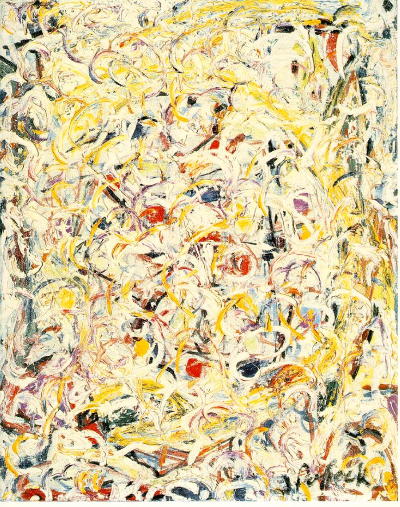
 What Jeremy Lin teaches us
What Jeremy Lin teaches us 
Why did the college basketball teams miss his talent?
Why did the NBA?
Really simple. People see what they expect to see.
Great quote in Moneyball about this.
"People who run ball clubs, they think in terms of buying players. Your goal shouldn't be to buy players, your goal should be to buy wins."
This lesson doesn't just apply to basketball or baseball or sports, it applies to everything.
And btw, the reason people didn't expect he'd be a great basketball player was his race. So we're going to get a chance to clear up some racism now, so that's another good thing.
PS: I went to the Knicks game today and he's every bit as exciting a player in person as he is on TV. What a gift! ![]()
 No comment
No comment 
I finally decided today that even though sometimes I get some value from having comments here on Scripting News, in balance they're not worth the trouble. So I'm turning them off.
There may be times in the future when I want to solicit input from readers. I'll find another way to do that.
BTW, as I sat down to actually turn them off, a comment on my whimsical post about Jackson Pollock came in that confirmed I'm making the right decision. ![]()
 Hackathons are nonsense
Hackathons are nonsense 
Hackathons are how marketing guys wish software were made.
However, to make good software, requires lots of thought, trial and error, evaluation, iteration, trying the ideas out on other users, learning, thinking, more trial and error, and on and on. At some point you say it ain't perfect, but it's useful, so let's ship. That process, if the software is to be any good, doesn't happen in 24 hours. Sometimes it takes years, if the idea is new enough.
If you want an idea of an art that's like making software, look at film and food. It's got a lot in common with both. But there will never be a Julia Child of software. It's not an art where you can observe the creative process, because that goes on inside the creator's head. In that sense it's like film. And it's not a science, as some people seem to think it is. Good software makers are also joyous software eaters. We use the stuff, so we know when it's done because it's use-ful.
 What if Jackson Pollock had comments?
What if Jackson Pollock had comments? 
What if, when you viewed a Jackson Pollock painting, you could leave a comment?

Gee man I don't understand. (That's okay, maybe that's the message.)
I could do that. (No you can't because art is an expression of an individual. That's not your art, so you couldn't make it. You could make your art.)
I know art when I see it and that ain't art! (You just proved that it is art!)
It's just a random scribbling. (Heartless.)
 Use the web
Use the web 
As you may know, I push links through my linkblog feed and through Twitter. Please subscribe to one or both.
Sometimes I push a link that gets retweeted a lot. I appreciate that in the New Twitter UI it's easy to see who retweets. And as I result I can see which ones are heavily retweeted.
I pushed a link to an article that said that designers are ruining the web. I don't agree, but I thought it was well-written and thoughtful, and made a point that could use a fresh look.
John Naughton: Graphic designers are ruining the web.
What I think is true -- bad design makes the web ugly, slow and hard to use. How bad design comes about is uncertain, but it's not always designers that are responsible. It could just as easily be bad clients or bosses. Or programmers who don't work well with their designers. Etc.
A bunch of responses in tweets say it's not true, but, in 140 chars all you can do is grunt or snort. Nothing other than a primal scream or two. No! Not true! Arrrgh!
I said people should write a blog post stating the other side. And one did. Well thought-out, reasonable, respectful. So I pushed a link back out the same way the other one went.
Jamie Forrest: No, Graphic Designers Aren't Ruining The Web.
The web works, badly designed or not! ![]()




